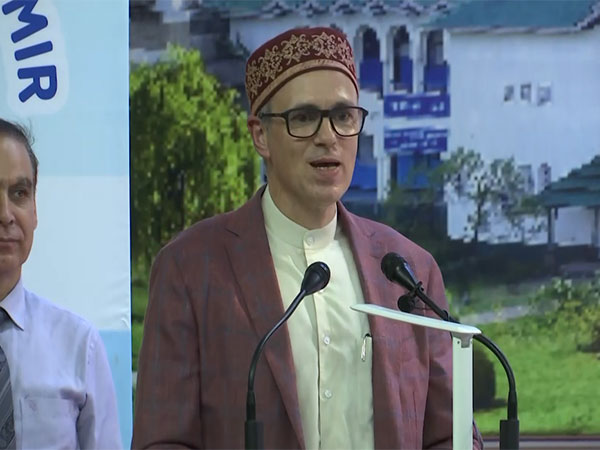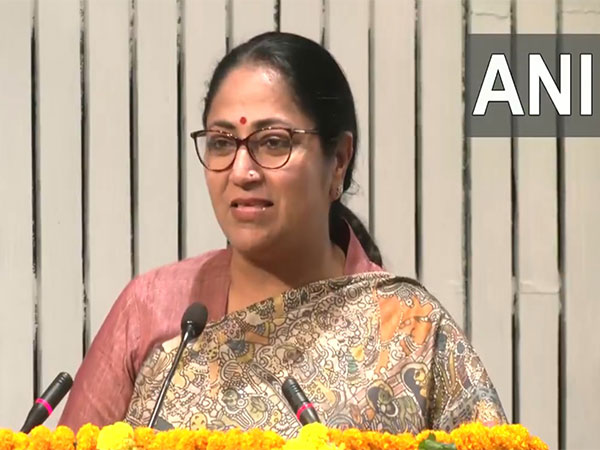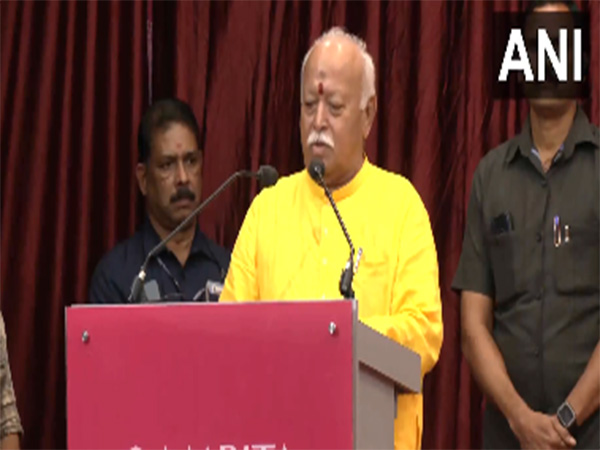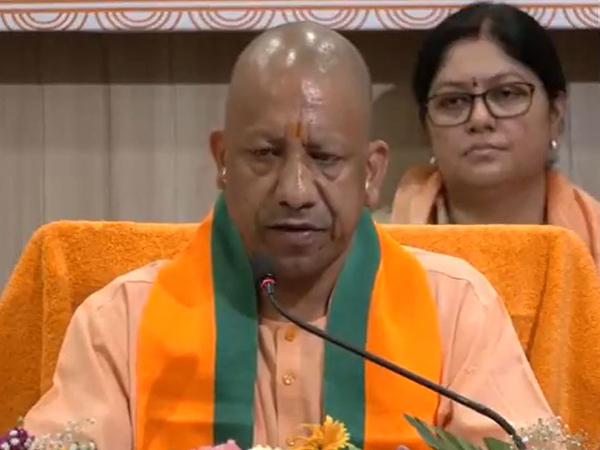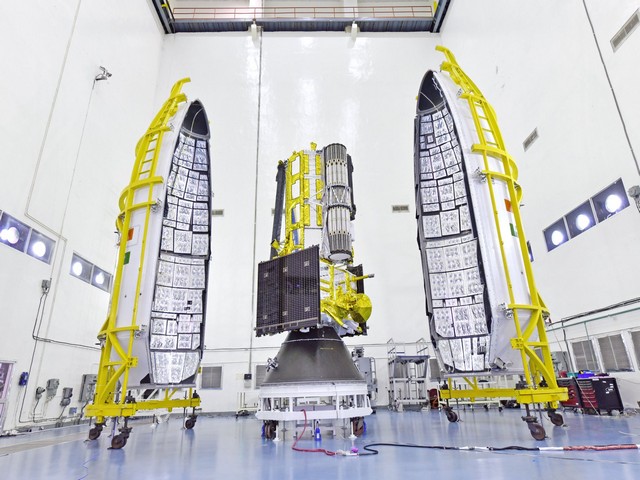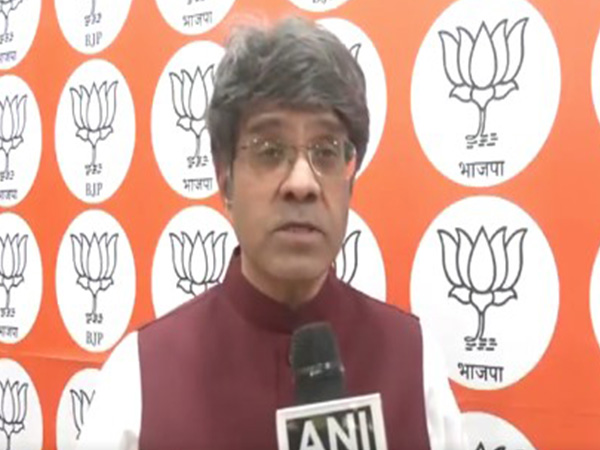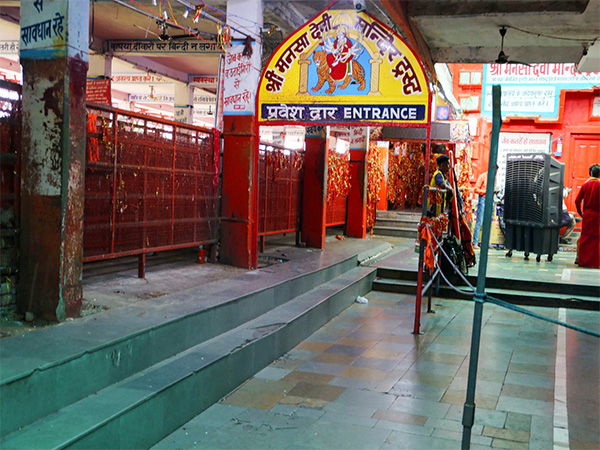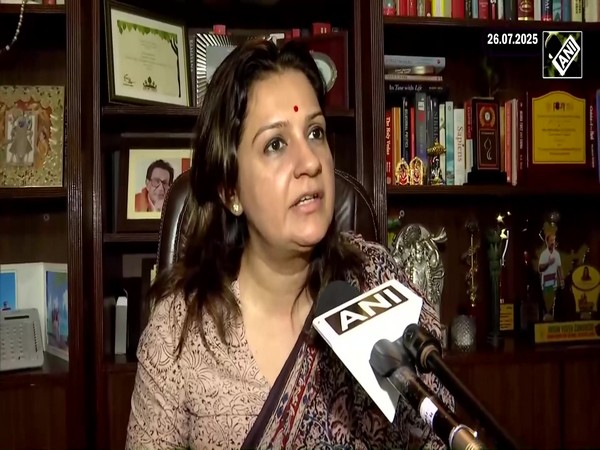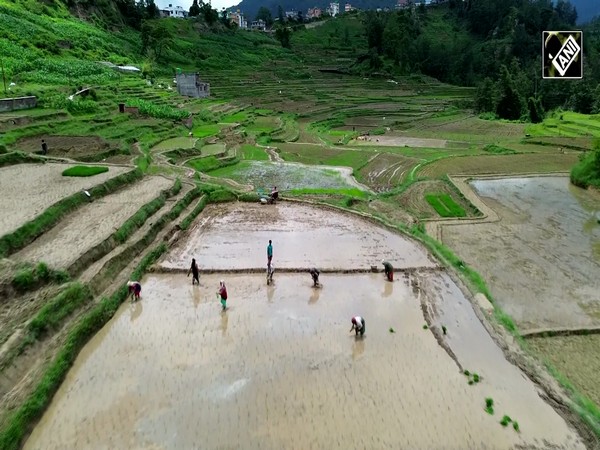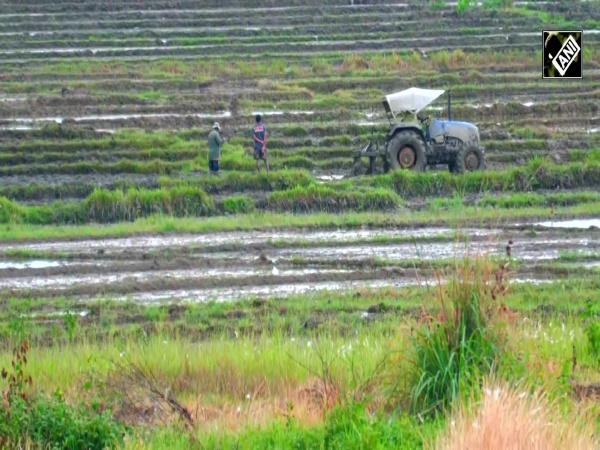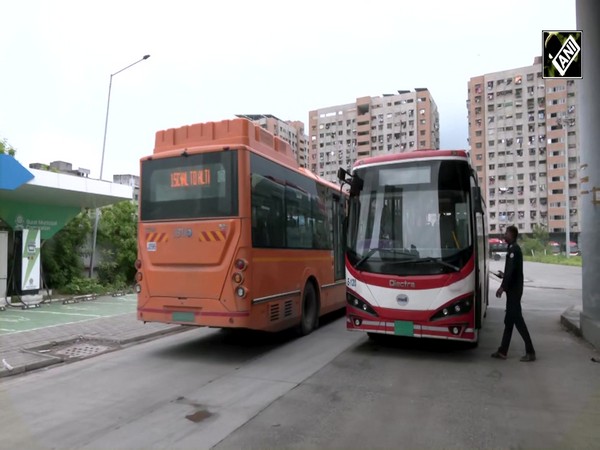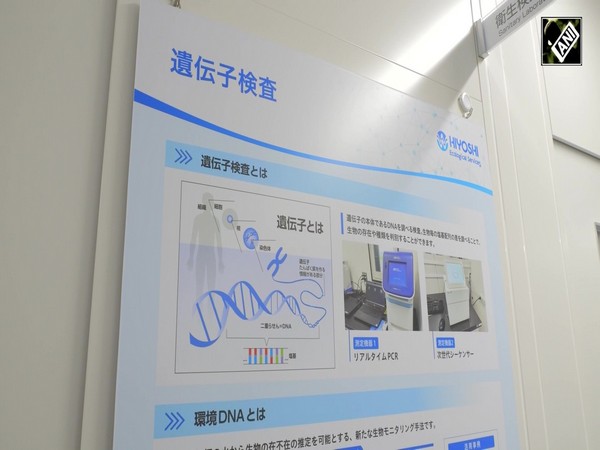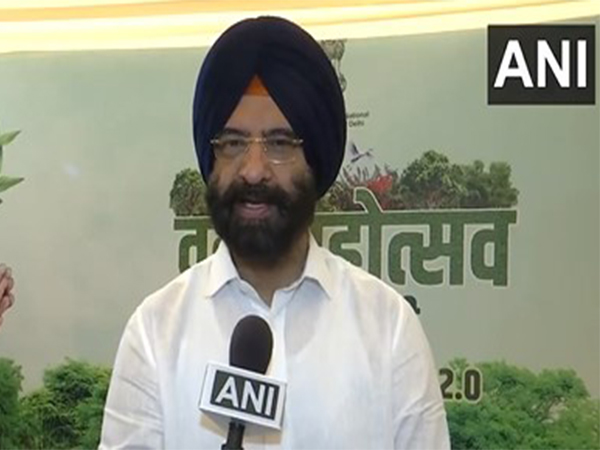
Delhi govt drafts new logistics policy to cut pollution, decongest roads, and boost trade efficiency
Jul 27, 2025
New Delhi [India], July 27 : The Delhi government is preparing to launch its Logistics and Warehousing Policy 2025, with the draft already outlining measures that will not only decongest Delhi but also reduce pollution and improve trade efficiency. The government is exploring dedicated logistics hubs, green freight corridors, and technology-driven solutions initiatives that promise to ease traffic congestion, reduce emissions, and enhance the ease of doing business.
According to a press statement, Delhi currently handles 10 lakh tonnes of freight per day through 1.93 lakh vehicles, 21 per cent of which is pass-through traffic. The largest share is carried by trucks transporting building materials (4,132 vehicles/day), textiles (3,995), fruits and vegetables (2,569), and food products (2,468). Even pharmaceuticals (559) and automobiles (588) contribute to congestion. Without proper warehousing zones, these vehicles enter city interiors, clogging major routes and worsening pollution.
Industries Minister Sirsa informed, the draft policy proposes relocating warehouses to the periphery, consolidating freight at modern UCLDCs, and shifting last-mile deliveries to electric and CNG vehicles. These measures will reduce vehicular emissions and alleviate congestion at key hotspots, including Azadpur, Ghazipur, Naraina, and Karol Bagh, resulting in a significant improvement in air quality.
The upcoming policy for Delhi's logistics ecosystem is built around 16 key action points, designed to transform the sector. Key initiatives include enabling 24/7 operations at logistics parks through amendments to the Model Shops Act. The policy also aims to optimise truck movement and reduce peak-hour traffic through digital delivery management systems.
Another initiative is the creation of designated commercial parking areas with loading bays under the Public-Private Partnership (PPP) model. Additionally, the development of Urban Consolidation and Logistics Distribution Centres (UCLDCs) will help consolidate cargo and transition last-mile delivery to clean fuel vehicles. Lastly, the policy proposes merging trade and establishment licenses to streamline processes and reduce red tape for warehousing businesses.
The draft policy also outlines a comprehensive set of subsidies to support industry players and encourage sustainable practices. These include land lease discounts to incentivise traders relocating warehouses from congested city centres, subsidies for technology adoption, and financial support for upgrading cold chains and storage facilities.
Notably, the policy offers special incentives for green energy and eco-friendly initiatives, including the installation of solar panels on warehouses, the adoption of electric and CNG-powered freight vehicles, and the implementation of energy-efficient building designs. These measures align with Delhi's climate goals and are expected to significantly reduce emissions from the logistics sector.
The policy, developed by the Department of Industries, seeks to streamline regulations, integrate advanced logistics technology, and upgrade infrastructure in line with the National Logistics Policy. It aims to resolve years of fragmented systems that have long plagued Delhi's supply chain.
Industries Minister Manjinder Singh Sirsa said the absence of a comprehensive warehousing policy in the past has severely impacted Delhi's environment and economy.
"For years, the national capital suffered from clogged roads, chaotic freight movement, and rising pollution because the previous government failed to act. Traders were left to struggle with outdated systems. Our government is correcting this through a forward-looking policy that will create dedicated logistics hubs, reduce emissions, and ease business operations," he said.
Adding that this initiative will also position Delhi among the leading states in the Logistics Ease Across Different States (LEADS) Index, Sirsa stated,"This is a game-changer policy. It will make our logistics ecosystem cleaner, faster, and more competitive. Traders will gain, commuters will breathe easier, and Delhi will set a benchmark for sustainable urban freight."
The Minister further assured that stakeholder and citizen feedback will shape the final policy.
"We want every voice to be heard--from big logistics players to small traders. Only after incorporating these suggestions will we notify the policy," he emphasised.
The draft will undergo public and inter-departmental consultations starting shortly, ensuring a participatory approach before final implementation.
